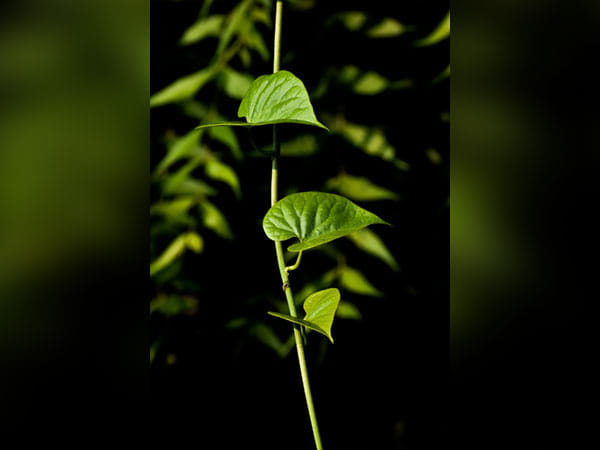Washington [US], March 30 (ANI): A new discovery by researchers at Michigan State University and the Carnegie Institution for Science claimed that their understanding of iron toxicity in plants caused by low phosphorus levels has changed.
Phosphorus is a natural mineral that is essential for plant growth and development, and Earth’s agricultural-grade phosphorus reserves are expected to be depleted in 50 to 100 years.
“Once the world’s supply is used up, we can’t make more phosphorus,” said Hatem Rouached, an assistant professor in MSU’s College of Agriculture and Natural Resources and a member of the Plant Resilience Institute. “Ideally, we would like to be able to use less phosphorus in the soil to grow plants.”
Plants absorb phosphorus from the soil. When soil doesn’t contain enough phosphorus, plants will take up more iron from the soil, which becomes toxic at increased levels. Previous research supported the idea that iron toxicity caused a plant’s roots to stop growing. Now, for the first time, researchers at MSU and the Carnegie Institution for Science have found evidence that the plant roots stop growing early, without any evidence of iron. This changes the way researchers look at this problem.
“If iron toxicity is the cause, then why does the root stop growing before iron accumulates in the roots?” said Seung Yon “Sue” Rhee, incoming director of MSU’s Plant Resilience Institute in the College of Natural Science and an MSU Research Foundation Professor, currently at the Carnegie Institution for Science. “We knew there must be something else happening.”
Using computational models to build gene regulatory networks, Rouached, Rhee and their team isolated a specific gene called an Arabidopsis root-specific kinase 1 that regulates the target of rapamycin, or TOR, complex, which is the key developmental regulator in plants, fungi and animals. When a plant is starved of phosphorus, the gene downregulates the TOR complex, which sends a signal to the root of the plant to stop growing.
“This is the first time anyone has linked a phosphorus deficiency signal to a TOR kinase in vascular plants,” said Rhee.
The researchers have filed a patent on this process and plan to explore other applications of this gene.
“We believe that this is a game changer in the field of plant mineral nutrition,” said Rouached. “We want to engineer plants whose roots will continue to grow despite phosphorus limitation.”
The research was published in the journal Current Biology. (ANI)
This report is auto-generated from ANI news service. ThePrint holds no responsibility for its content.






